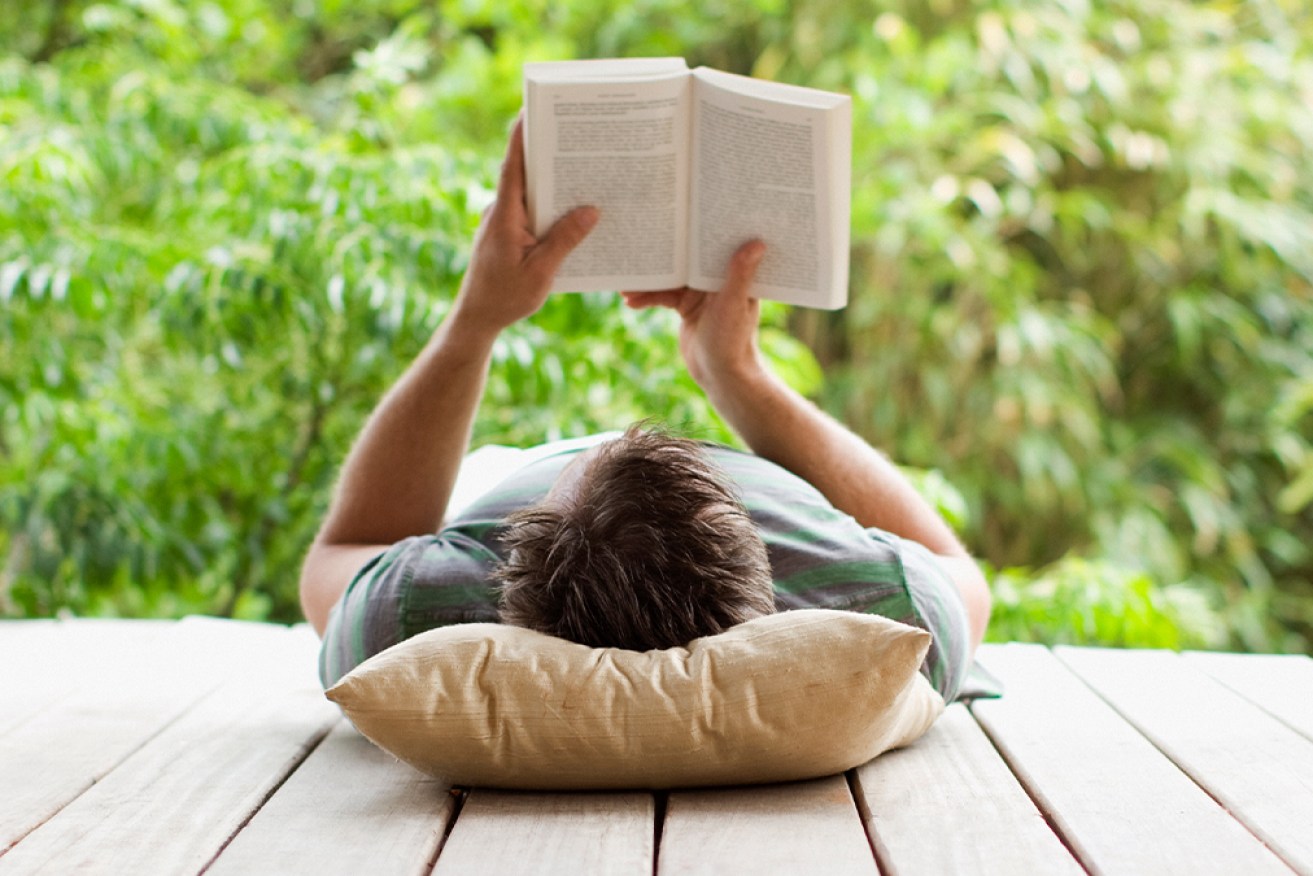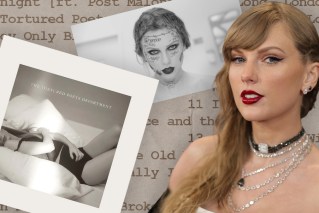Self-help guides: First, read the book


Source: Getty
Times are stressful. Inflation, the cost of living, cyber attacks, climate change, the war in Europe – it’s A LOT.
In times like these, many of us look to the self-help industry to make sense of the world and to demystify the inner workings of our psyche (or we continue doom-scrolling through Instagram).
Let’s face it – it’s easier to grab a copy of the latest self-help New York Times bestseller and soak up the gospel of Gwyneth or Mark Manson than it is to go to therapy (it’s cheaper too).
And they make great Christmas gifts.
Check out the current top 10 self-help titles on Amazon for some gift inspiration.
But how do we know if these stocking-fillers are any good?
There’s nothing wrong with wanting to improve oneself, of course, and it’s noble to want what’s best for our loved ones, but we don’t want to expose anyone to pseudoscience quackery.
Often we buy self-help books with the best intentions, but some probably don’t deserve to be read because they’re a bit shallow.
Professor of psychology at the University of Melbourne Nick Haslam had some tips for The New Daily on what to look for when buying a self-help book, as well as some advice on how to meet your self-improvement goals.
First things first – just because a book makes it to the bestseller list doesn’t mean it’s good, and repeat after me: There is no miracle cure.
“A book that promises everything or suggests a miracle cure should be distrusted,” Professor Haslam said.
“Searching for the right one will always be a little bit hit or miss.
“The key thing is to give them a solid try and seek out those which don’t over-promise, which have some sort of scientific evidence base.”
If an author can point to empirical evidence, that’s a good start.
If a book contains reports from people who have followed the program and seen improvements then it should be taken seriously, Professor Haslam said.
Books resonate with us at different times in our lives for different reasons.
You might love a particular author in your 20s only to cringe when you revisit some of their writings in your 40s. The same goes for self-help authors.
“A lot of the books will not quite resonate, maybe it’s the wrong time, maybe the wrong voice,” Professor Haslam said.
“You need to find one where the person speaks your language.”
And what advice does Professor Haslam have for those of us looking to make positive changes in our lives through reading self-help books?
It sounds obvious, but actually reading them is a good start.
“Sometimes people read self-help books in lieu of actually doing something about whatever it is they’re trying to enhance,” he said.
“The key thing is to just really take them seriously. And if the person is proposing a set of exercises, do them.
“You’re not going to change yourself just by osmosis. Changing yourself is challenging. Changing yourself is hard … it’s essential to seriously engage with the book if you want to change.”








